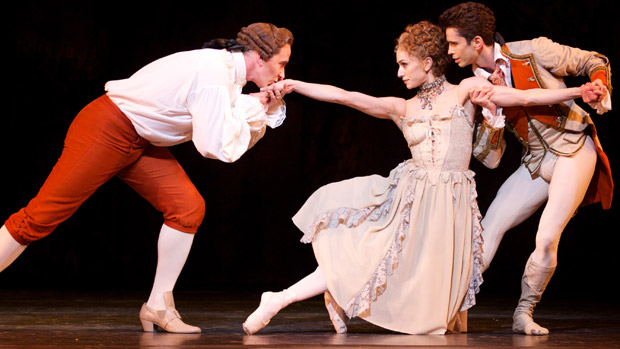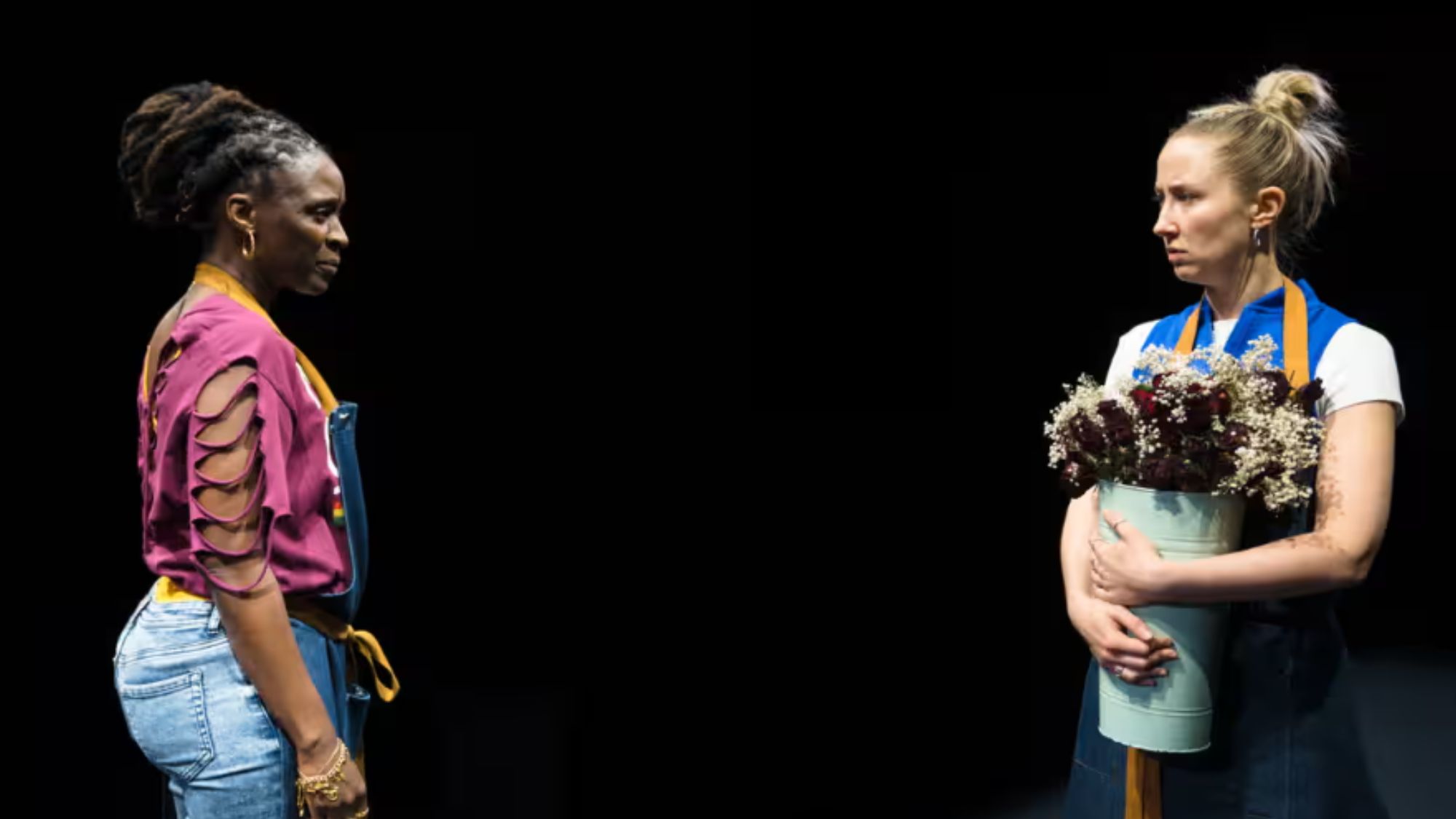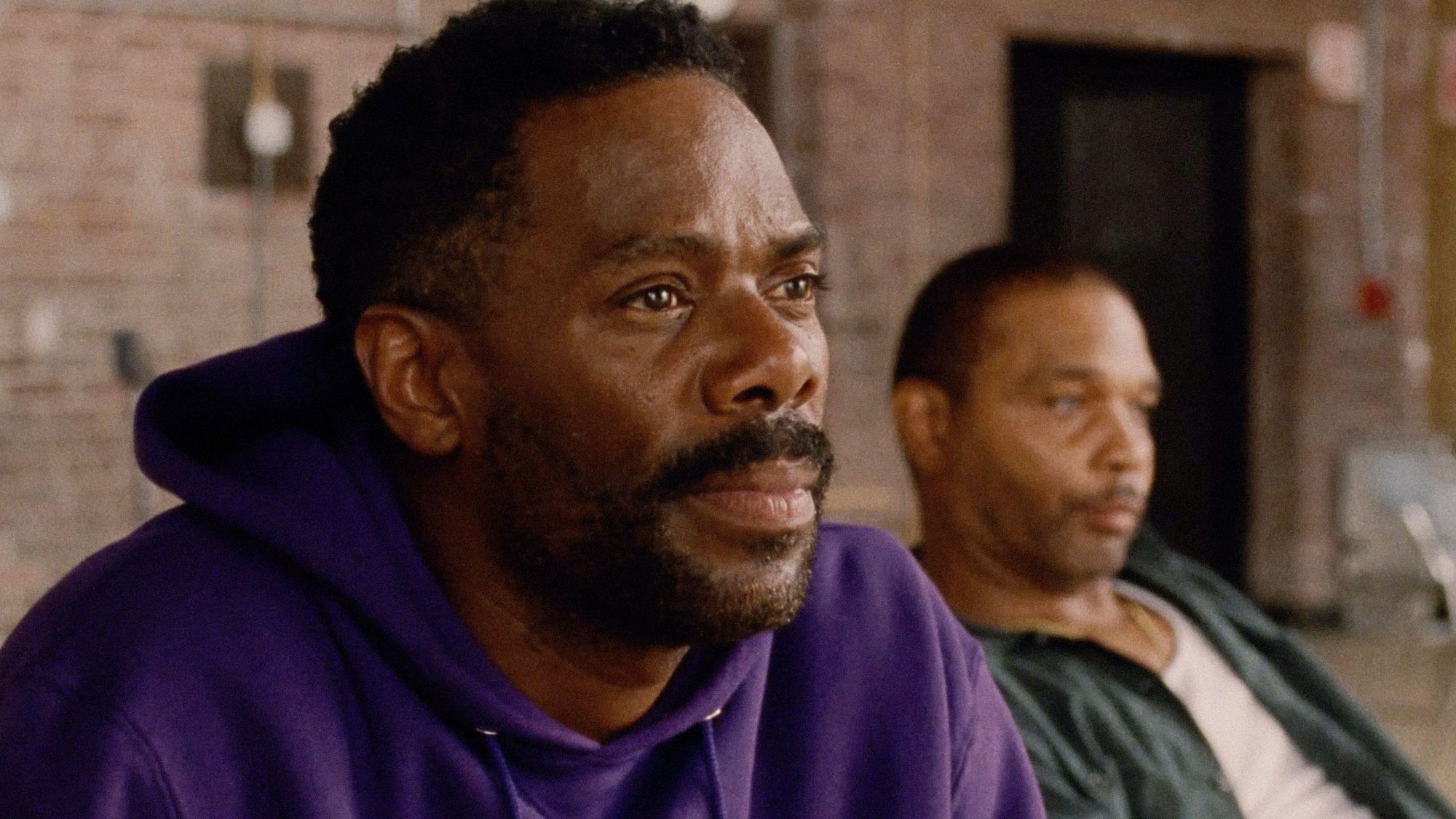Manon – reviews of 'sizzling' Royal Ballet revival
Revival of Kenneth MacMillan ballet about French courtesan 'infernally sexy, desperately moving'

A free daily email with the biggest news stories of the day – and the best features from TheWeek.com
You are now subscribed
Your newsletter sign-up was successful
What you need to know
A revival of Kenneth MacMillan's ballet Manon has opened at the Royal Opera House, Covent Garden. MacMillan created the ballet in 1974, based on Abbe Prevost's 1731 novel, with a score by Jules Massenet.
It tells the story of Manon, a beautiful young woman who leaves her poor student lover, Des Grieux, after being pimped out to a wealthy man by her mercenary brother Lescaut. Initially seduced by Monsieur GM's money, she eventually leaves him to return to Des Grieux, and suffers the rich man's revenge.
The Week
Escape your echo chamber. Get the facts behind the news, plus analysis from multiple perspectives.

Sign up for The Week's Free Newsletters
From our morning news briefing to a weekly Good News Newsletter, get the best of The Week delivered directly to your inbox.
From our morning news briefing to a weekly Good News Newsletter, get the best of The Week delivered directly to your inbox.
The title role is danced by alternating soloists including Marianela Nunez and Russian star Natalia Osipova. Runs until 1 November, and broadcast live in cinemas 16 October.
What the critics like
Lovers of classical ballet should go and see this "magnificent" production of Manon, while sceptics should see it twice, says Mark Monahan in the Daily Telegraph. It remains a towering piece of work, infernally sexy, desperately moving and blessed with a terrific Massenet score.
Kenneth MacMillan's "sex-and-death blockbuster" is celebrating its 40th anniversary this year and seems more popular than ever, says Debra Craine in The Times. And who can resist such a sordid and seductive tale or the sizzling sensuality of MacMillan's choreography?
A free daily email with the biggest news stories of the day – and the best features from TheWeek.com
Yes, there's some blistering sex in Manon, but this modern classic "fascinates because it's so ambiguous", says Hanna Weibye on the Arts Desk. It raises questions about morality, culpability and femininity that other ballets often answer simplistically, or never ask at all.
What they don't like
"Even in 1974, this ballet was a period drama", but it was gritty, with insalubrious goings-on, says Lyndsey Winship in the Evening Standard. But 40 years on, this story of an 18th-century material girl has lost some of its power.
-
 The environmental cost of GLP-1s
The environmental cost of GLP-1sThe explainer Producing the drugs is a dirty process
-
 Greenland’s capital becomes ground zero for the country’s diplomatic straits
Greenland’s capital becomes ground zero for the country’s diplomatic straitsIN THE SPOTLIGHT A flurry of new consular activity in Nuuk shows how important Greenland has become to Europeans’ anxiety about American imperialism
-
 ‘This is something that happens all too often’
‘This is something that happens all too often’Instant Opinion Opinion, comment and editorials of the day
-
 Friendship: 'bromance' comedy starring Paul Rudd and Tim Robinson
Friendship: 'bromance' comedy starring Paul Rudd and Tim RobinsonThe Week Recommends 'Lampooning and embracing' middle-aged male loneliness, this film is 'enjoyable and funny'
-
 The Count of Monte Cristo review: 'indecently spectacular' adaptation
The Count of Monte Cristo review: 'indecently spectacular' adaptationThe Week Recommends Dumas's classic 19th-century novel is once again given new life in this 'fast-moving' film
-
 Death of England: Closing Time review – 'bold, brash reflection on racism'
Death of England: Closing Time review – 'bold, brash reflection on racism'The Week Recommends The final part of this trilogy deftly explores rising political tensions across the country
-
 Sing Sing review: prison drama bursts with 'charm, energy and optimism'
Sing Sing review: prison drama bursts with 'charm, energy and optimism'The Week Recommends Colman Domingo plays a real-life prisoner in a performance likely to be an Oscars shoo-in
-
 Kaos review: comic retelling of Greek mythology starring Jeff Goldblum
Kaos review: comic retelling of Greek mythology starring Jeff GoldblumThe Week Recommends The new series captures audiences as it 'never takes itself too seriously'
-
 Blink Twice review: a 'stylish and savage' black comedy thriller
Blink Twice review: a 'stylish and savage' black comedy thrillerThe Week Recommends Channing Tatum and Naomi Ackie stun in this film on the hedonistic rich directed by Zoë Kravitz
-
 Shifters review: 'beautiful' new romantic comedy offers 'bittersweet tenderness'
Shifters review: 'beautiful' new romantic comedy offers 'bittersweet tenderness'The Week Recommends The 'inventive, emotionally astute writing' leaves audiences gripped throughout
-
 How to do F1: British Grand Prix 2025
How to do F1: British Grand Prix 2025The Week Recommends One of the biggest events of the motorsports calendar is back and better than ever